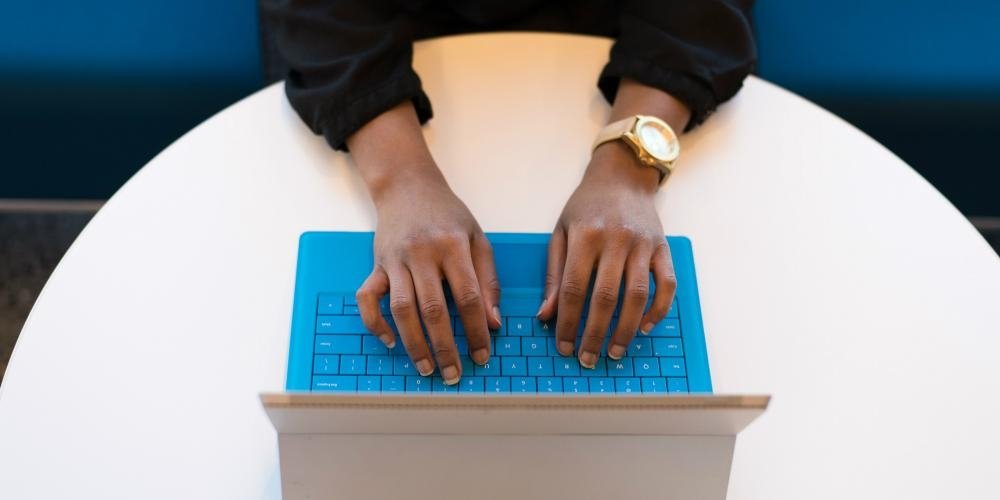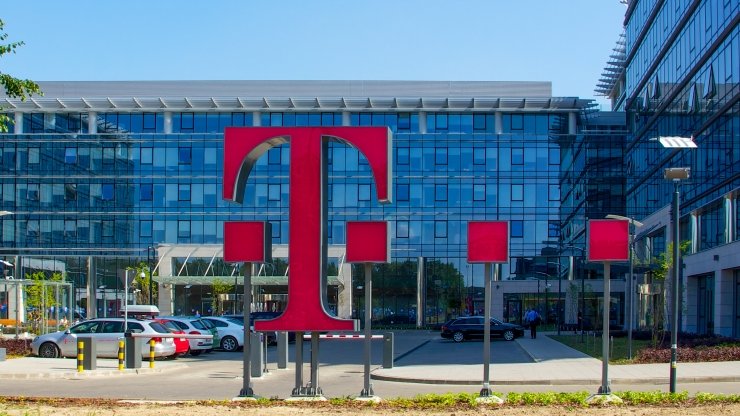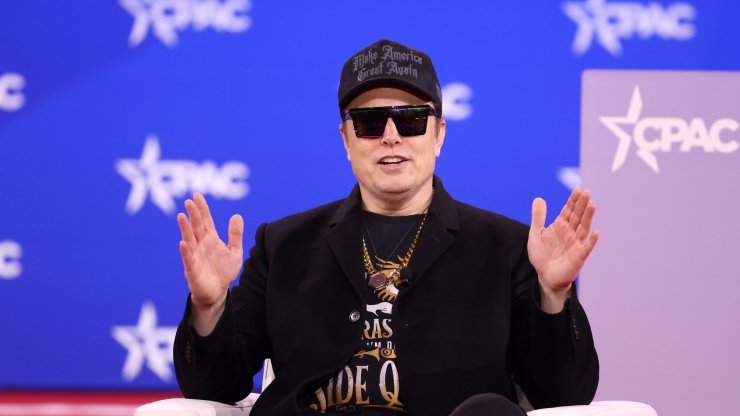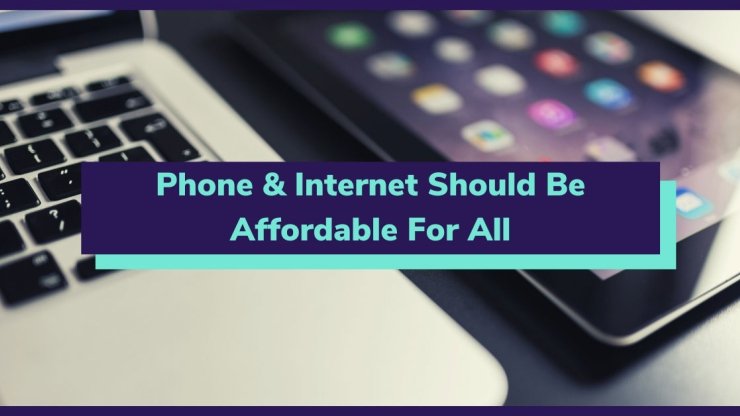Why is having access to affordable high-speed internet so important?
Millions of low-income families are unable to tap into the resources high-speed internet access provides. Broadband is an essential pathway out of poverty: Living without home-internet access makes it harder to apply for jobs, pursue educational opportunities, stay informed and organize for social change.
People who can afford home-internet access must contend with steep prices and dreadful customer service; meanwhile, companies like AT&T, Comcast and Verizon refuse to build broadband networks in many rural regions, leaving residents without any access at all. We’re fighting for universal and affordable access for all communities by making sure that ISPs don’t discriminate against users and have robust oversight.

Original photo by Flickr user WOCinTech Chat
That means keeping close tabs to ensure that the $42.5 billion funded through the Broadband Equity Access and Deployment program goes where it’s needed most. BEAD money is designed to support the building of broadband networks in communities across the country that currently lack access. We’re also pushing Congress to maintain funding for the Affordable Connectivity Program (ACP), which subsidizes the cost of high-speed internet for millions of people living near the poverty line or enrolled in federal-aid programs like Medicaid and SNAP.
Free Press Co-CEO Jessica J. González discusses the importance of the Lifeline program, which subsidizes phone and internet access for millions of low-income households:


